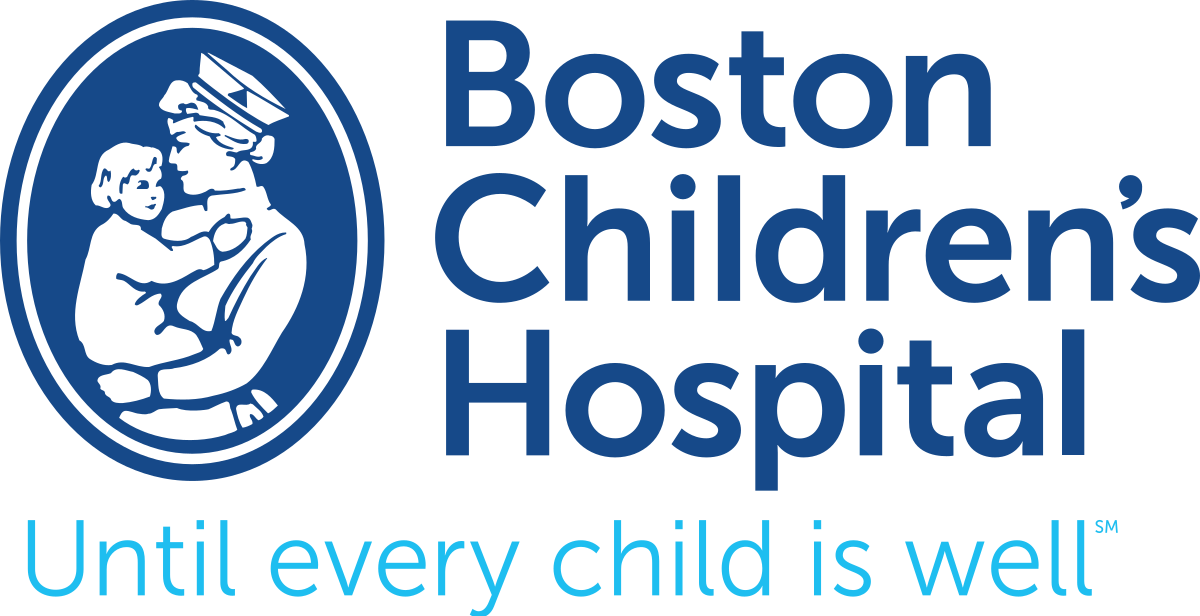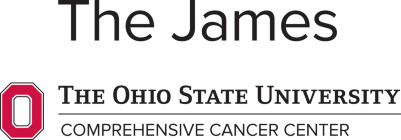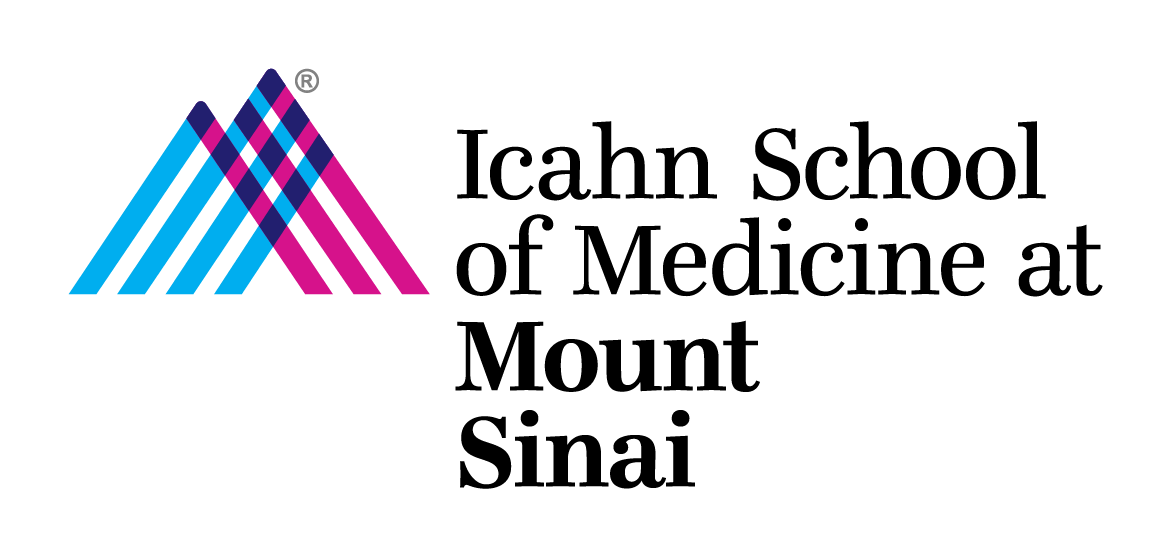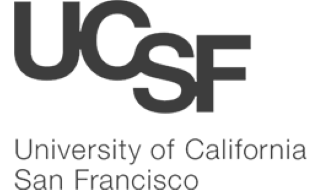CSVCC LEADERSHIP RESEARCH
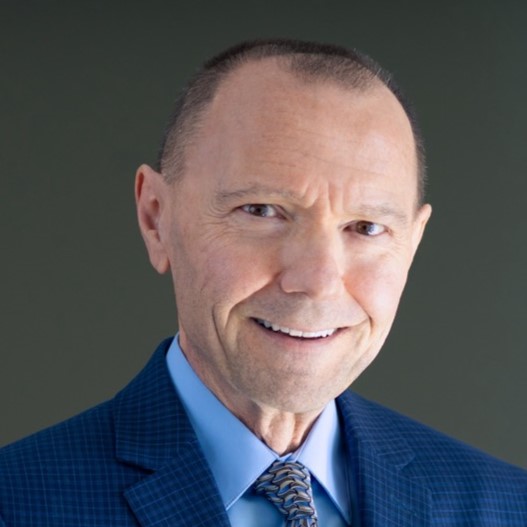
Dan Theodorescu, MD, PhD
Recent Publications
Chen X, Shen Y, Choi S, Abdel-Hafiz HA, Basu M, Hoelzen L, Tufano M, Kailasam Mani SK, Ranjpour M, Zhu J, Ramanujan VK, Koltsova EK, Calsavara VF, Knott SRV, Theodorescu D. Concurrent loss of the Y chromosome in cancer and T cells impacts outcome . Nature. 2025 Jun 4. doi: 10.1038/s41586-025-09071-2. Epub ahead of print. PMID: 40468066.
Feldman LER, Mohapatra S, Jones RT, Scholtes M, Tilton CB, Orman MV, Joshi M, Deiter CS, Broneske TP, Qu F, Gutierrez C, Ye H, Clambey ET, Parker S, Mahmoudi T, Zuiverloon T, Costello JC, Theodorescu D. Regulation of volume-regulated anion channels alters sensitivity to platinum chemotherapy . Science Adv. 2024 Dec 13;10(50):eadr9364.
Osipov A, Nikolic O, Gertych A, Parker S, Hendifar A, Singh P, Filippova D, Dagliyan G, Ferrone C, Zheng L, Moore J, Tourtellotte W, Van Eyk J,
Theodorescu D.
The Molecular Twin artificial-intelligence platform integrates multi-omic data to predict outcomes for pancreatic adenocarcinoma patients
. Nature Cancer (2024).
Abdel-Hafiz HA, Schafer JM, Chen X, Xiao T, Gauntner TD, Li Z, Theodorescu D
.
Y Chromosome Loss in Cancer Drives Growth by Evasion of Adaptive Immunity
. Nature. 619, 624-631 (2023).
Wang Y, Zhang Y, Li P-C, Guo J, Huo F, Yang J, Jia R, Wang J, Huang Q, Theodorescu D*
, Yu H*, Yan C*.
Development of Novel Aptamer-Based Targeted Chemotherapy for Bladder Cancer
. Cancer Res. 2022;82(6):1128-39. *Corresponding Authors
Awards
Received a
National Cancer Institute R35 Outstanding Investigator Award
to study loss of Y chromosome biology and investigate potential therapies for bladder cancer.
2023 American Urological Association (AUA) Presidential Citation. “For elucidating the molecular underpinnings of urothelial cancer”

Peter Kuhn, PhD
Recent Publications
Higa N, Welter L, Xu L, Kolatkar A, Bramlett KS, Gjoerup OV, Graf R, Huang RSP, Leary RJ, Lee Y, Perkins J, Riker A, Singh A, Tafra L, Tweed C, Shriver C, Hicks J, Kuhn P. Liquid Biopsy Profiling with Multiple Tests in Patients with Metastatic Breast Cancer . Journal of Molecular Pathology. 2024; 5(2):199-214. https://doi.org/10.3390/jmp5020013
Welter L, Zheng S, Setayesh SM, Morikado M, Agrawal A, Nevarez R, Naghdloo A, Pore M, Higa N, Kolatkar A, Thiele JA, Sharma P, Moore H, Richer J, Elias A, Pienta K, Zurita A, Gross M, Shishido SN, Hicks J, Ruiz C,
Kuhn P.
Cell state and cell type: Deconvoluting circulating tumor cell populations in liquid biopsies by multi-omics
. Cancers. 2023, 15(15):3949.
Setayesh S, Hart O, Naghdloo A, Higa N, Nieva J, Lu J, Hwang S, Wilkinson K, Kidd M, Anderson A, Velasco C, Kolatkar A, Matsumoto N, Nevarez R, Hicks J, Mason J, Shishido S,
Kuhn P.
Multianalyte Liquid Biopsy to Aid the Diagnostic Workup of Breast Cancer
. npj Breast Cancer. 2022; 8(1):112
Murgoitio-Esandi J, Tessone D, Naghdloo A, Shishido SN, Zhang B, Xu H, Dasgupta A, Mason J, Nagaraju RM, Courcoubetis G, Hicks J, Kuhn P, Oberai AA. Unsupervised detection of rare events in liquid biopsy assays . npjPrecis Oncol. 2025 Jul 5;9(1):225. doi: 10.1038/s41698-025-01015-3. PMID: 40617936.
Awards
Class of 2024 of National Academy of Inventors Senior Members
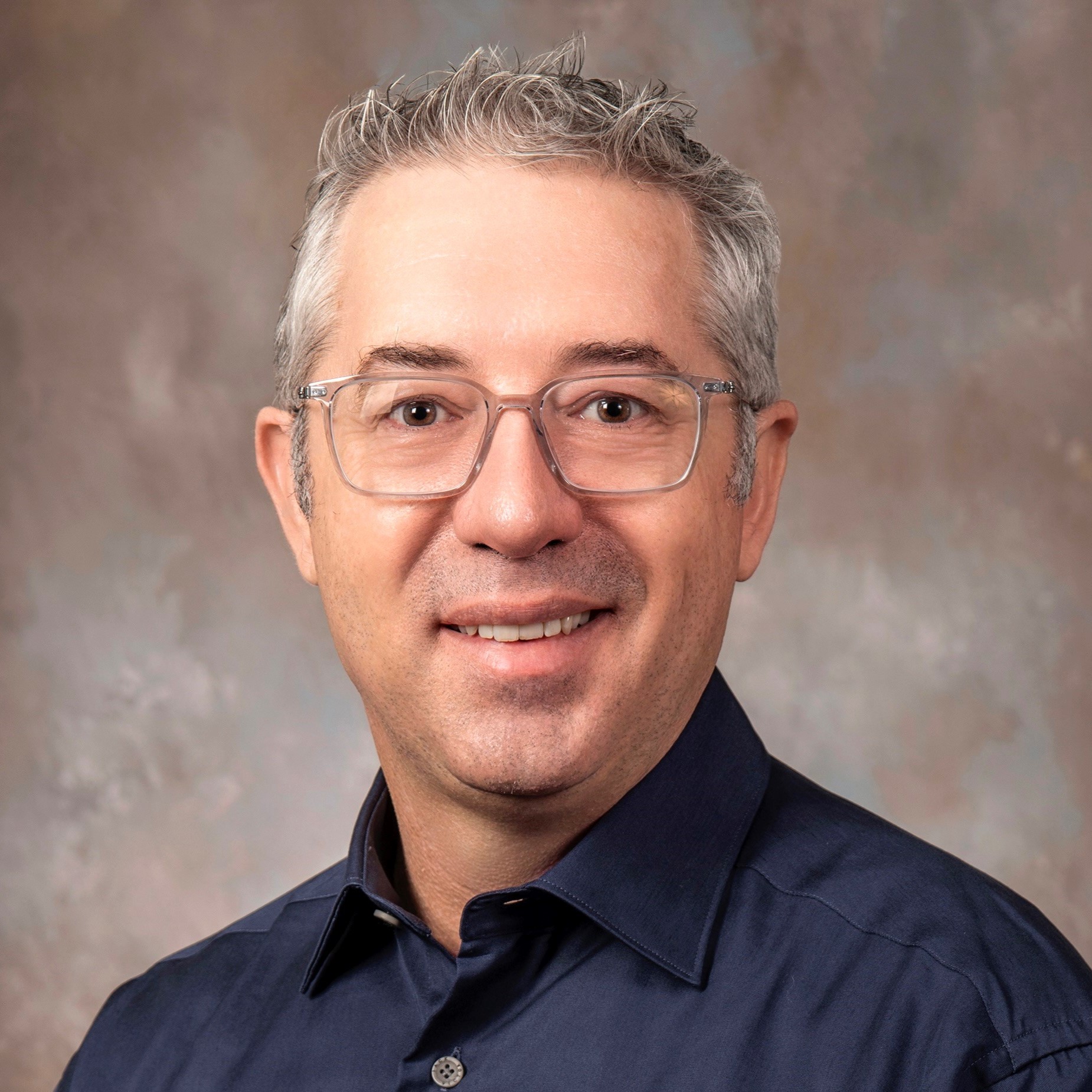
Robert Kortum, MD, PhD
Recent Publications
Daley BR, Theard PL, Hughes JM, Finniff BA, Hofmann MA, Kostyrko K, Schenk RL, Vieira HM, Askew JW, Lewis RE, and Kortum RL (2025). SOS1 inhibition targets the evolution of osimertinib resistance to generate a durable response in EGFR-mutated lung cancer. Science Signaling, 18: aea2788, in press.
Sealover NE, Finniff BA, Hughes JM, Sheffels E, Lee H, LaMorte JP, Gambhir V, Beckley Z, Linke A, Wilkerson MD, Yohe ME, and Kortum RL (2025). Wild-type RAS signaling is an essential therapeutic target in RAS -mutated cancers . Science Signaling, 18:eadx5186. PMID:40956876
Daley BR, Sealover NE, Finniff BA, Hughes JM, Sheffels E, Gerlach D, Hofmann MH, Kostyrko K, LaMorte JP, Linke AJ, Beckley Z, Frank AM, Lewis RE, Wilkerson MD, Dalgard CL, and Kortum RL (2025). SOS1 Inhibition Enhances the Efficacy of KRASG12C Inhibitors and Delays Resistance in lung adenocarcinoma . Cancer Research, 85: 118-133. PMID:39437166
Sealover NE, Theard PT, Linke AJ, Hughes JM, Daley BR, and Kortum RL (2024). In situ modeling of acquired resistance to RTK/RAS pathway targeted therapies . iScience, 27:108711. PMID:38226159
Daley BR, Vieira HM, Rao C, Hughes JM, Huisman DH, Chatterjee D, Sealover NE, Cox K, Askew JW, Beckley ZM, Svoboda RA, Fisher KW, Lewis RE, and Kortum RL (2023). SOS1 and KSR1 modulate MEK inhibitor responsiveness to target resistant cell populations based on PI3K and KRAS mutation status . PNAS, 120:e2313137120. PMID:37972068
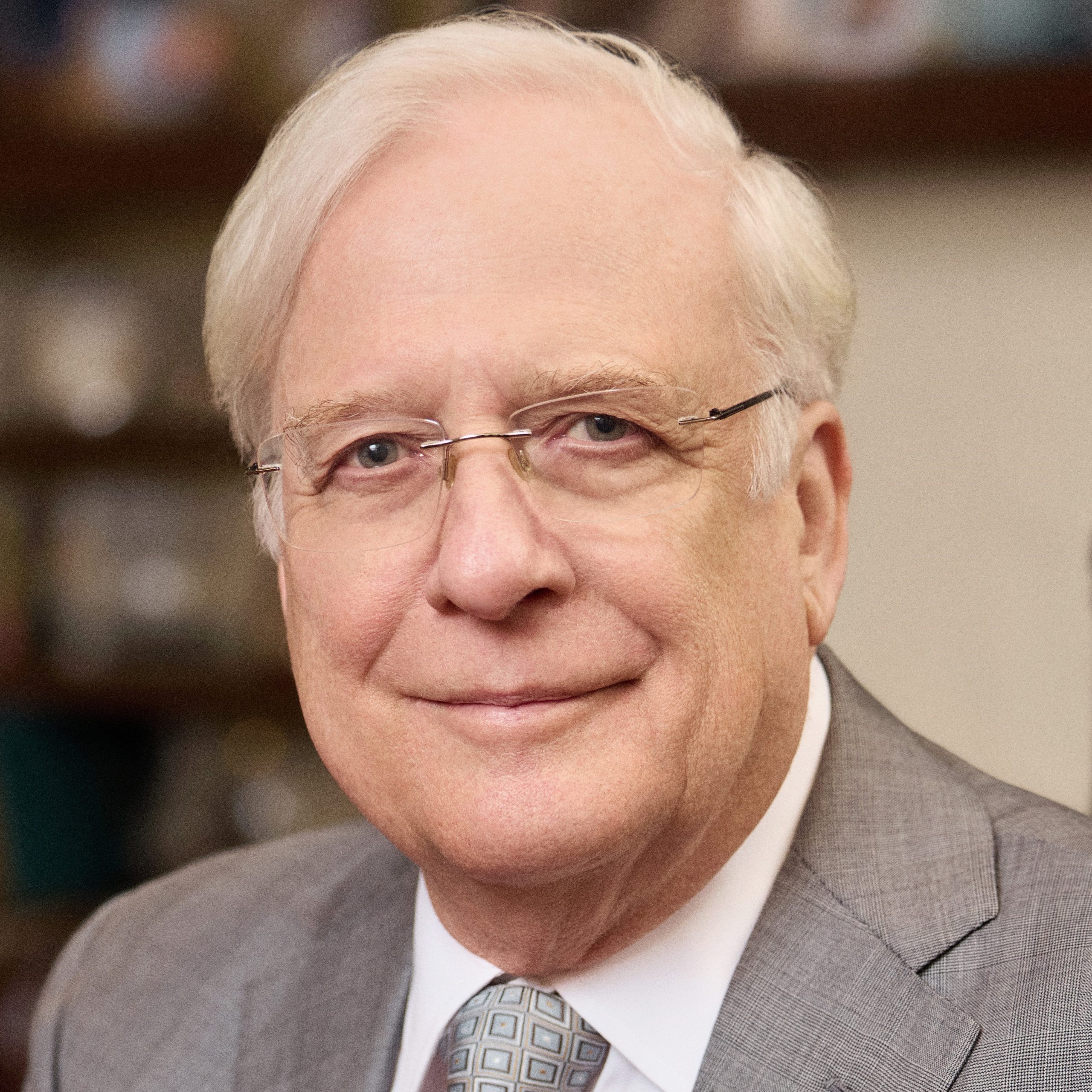
Stephen Pandol, MD
Recent Publications
Wang R, Park K, Gaddam S, Liu Q, Watson R, Lim A, Ou Y, Zhang Y, Edderkaoui M, Lewis MS, Lo SK, Pandol SJ. Significantly higher incidence of circulating fatty objects in portal blood samples compared to peripheral blood samples in patients with pancreatic ductal adenocarcinoma . Front Oncol. 2025 Sep 2;15:1611872. doi: 10.3389/fonc.2025.1611872. PMID: 40963865; PMCID: PMC12436445.
Birtolo C, Pham H, Morvaridi S, Chheda C, Go VL, Ptasznik A, Edderkaoui M, Weisman MH, Noss E, Brenner MB, Larson B, Guindi M, Wang Q, Pandol SJ . Cadherin-11 Is a Cell Surface Marker Up-Regulated in Activated Pancreatic Stellate Cells and Is Involved in Pancreatic Cancer Cell Migration . Am J Pathol. 2017 Jan;187(1):146-155. doi: 10.1016/j.ajpath.2016.09.012. Epub 2016 Nov 14. PMID: 27855278; PMCID: PMC5225304.
Lugea, A., Tischler, D., Nguyen, J., Gong, J., Gukovsky, I., French, S.W., Gorelick, F.S., & Pandol, S.J. (2011). Adaptive unfolded protein response attenuates alcohol-induced pancreatic damage . Gastroenterology, 140(3), 987-997. PMCID: PMC3057335
Edderkaoui M, Nitsche C, Zheng L, Pandol SJ, Gukovsky I, Gukovskaya AS. NADPH oxidase activation in pancreatic cancer cells is mediated through Akt-dependent up-regulation of p22phox . J Biol Chem. 2011 Mar 11;286(10):7779-7787. doi: 10.1074/jbc.M110.200063. Epub 2010 Nov 30. Erratum in: J Biol Chem. 2013 Dec 20;288(51):36259. doi: 10.1074/jbc.A113.200063. PMID: 21118808; PMCID: PMC3048665.





